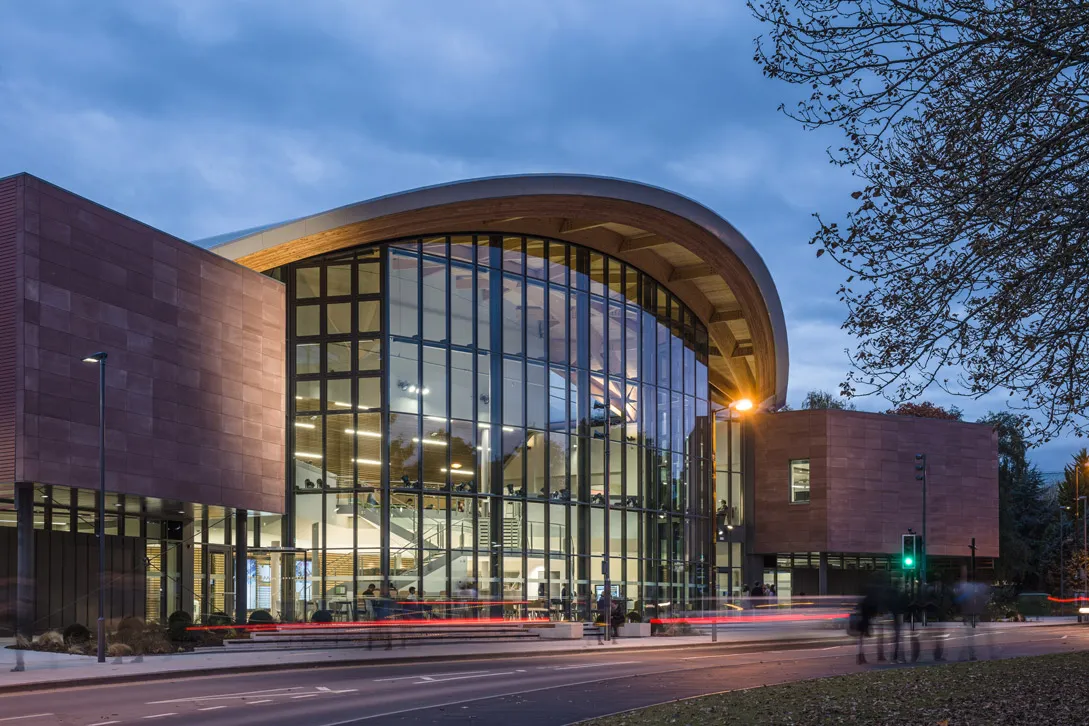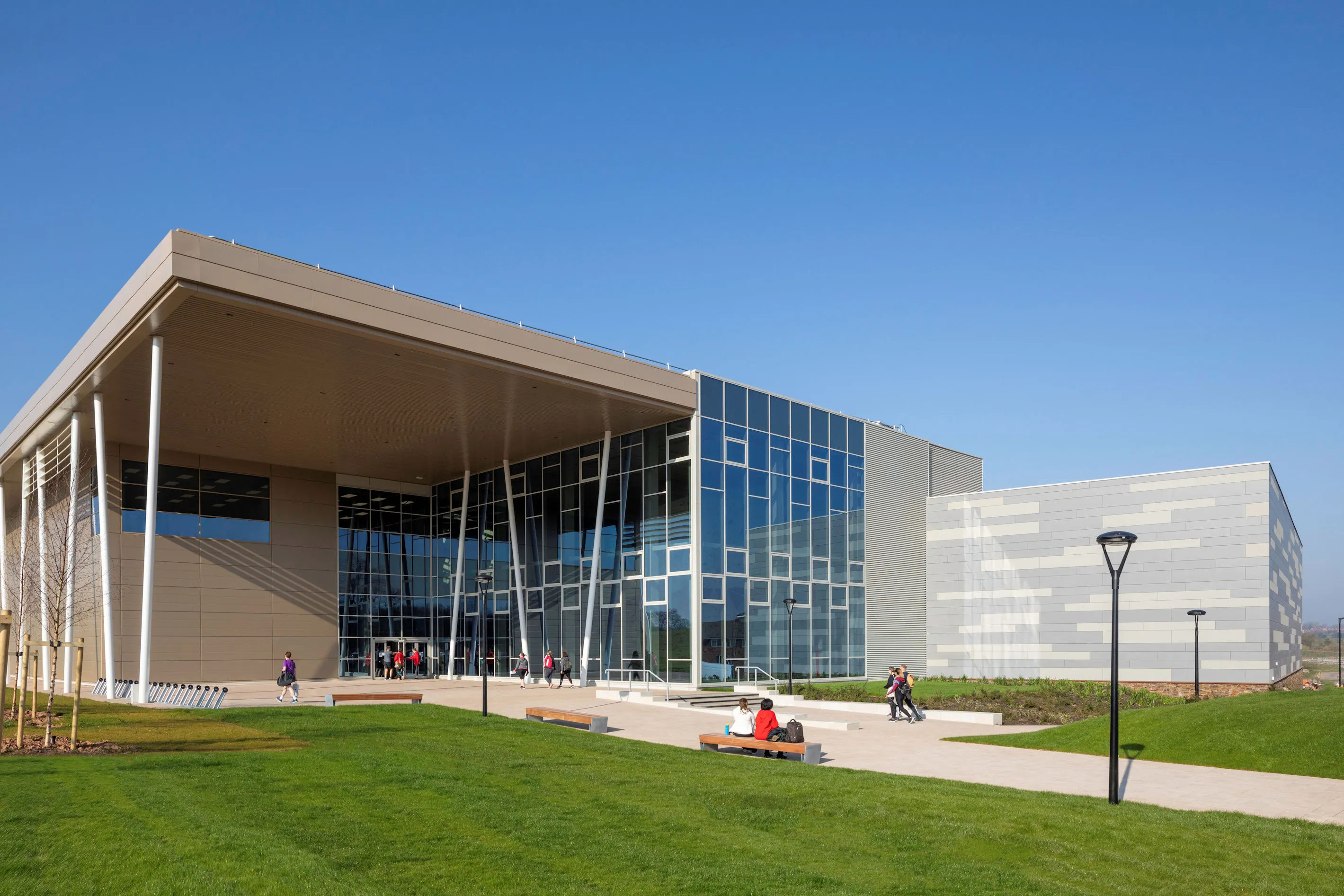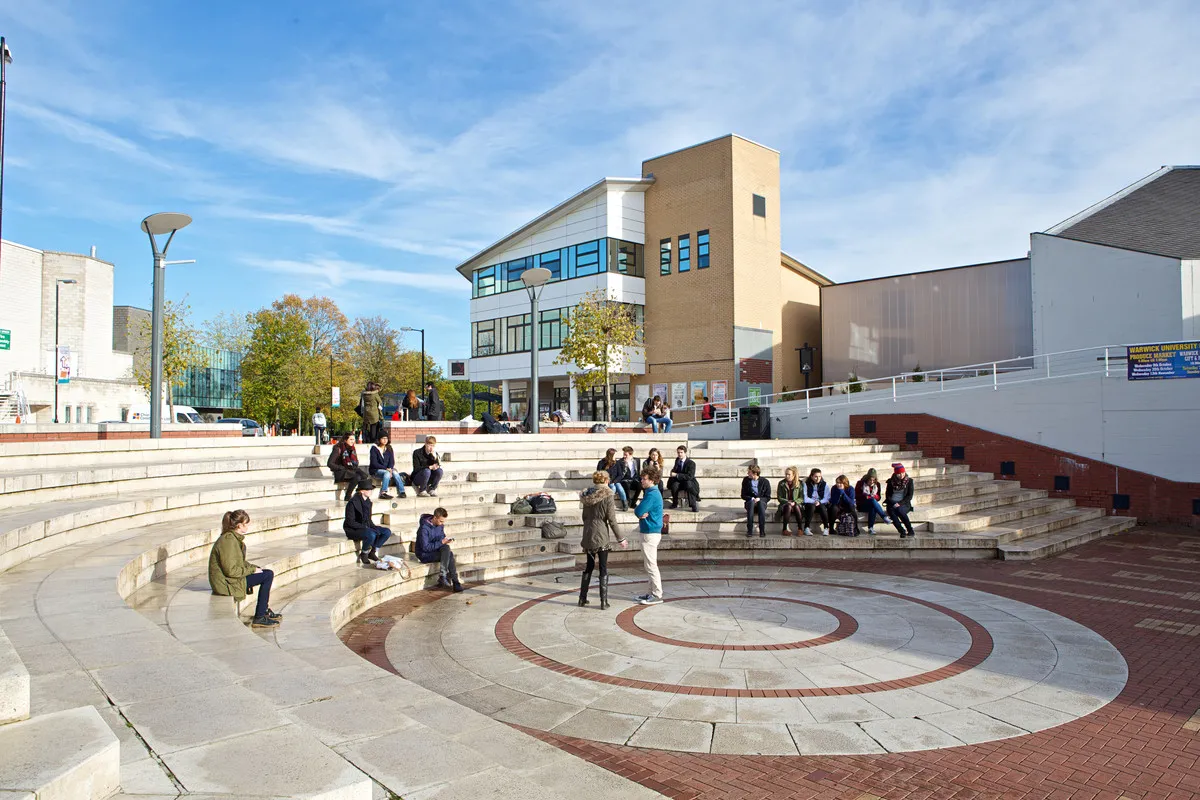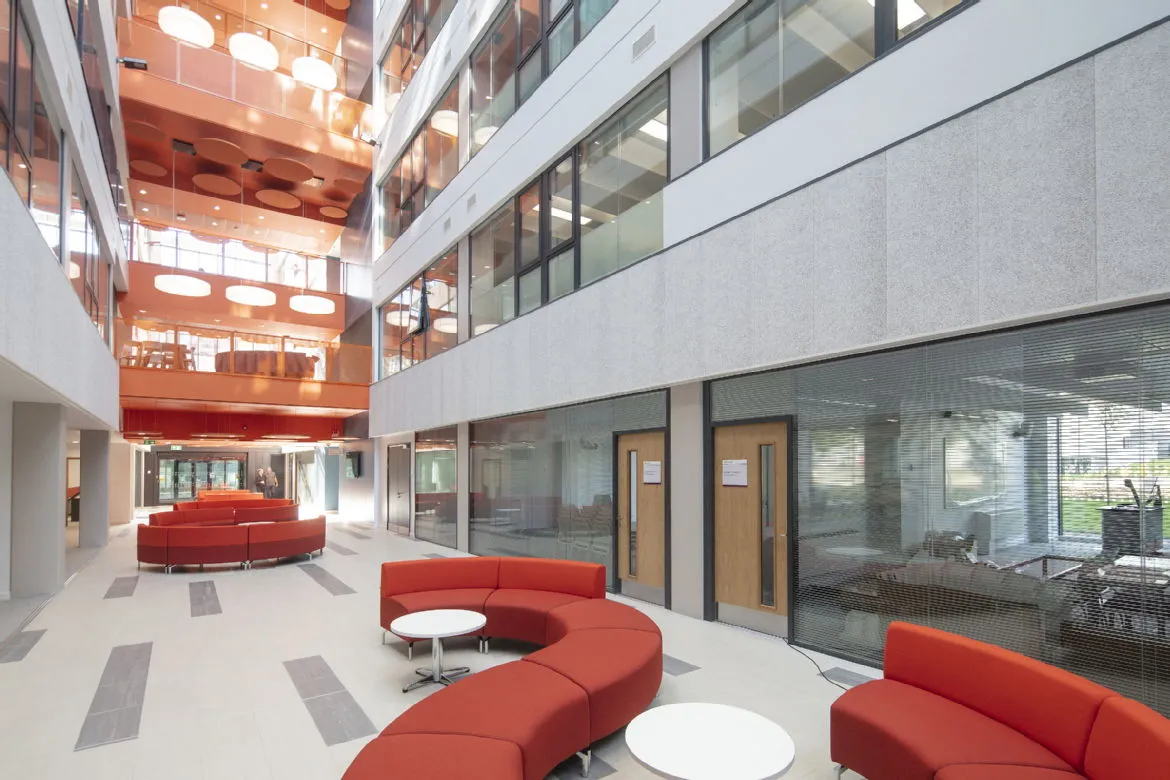Partner Program

MSc in Behavioural & Economic Science (Economics Track)
University of Warwick (United Kingdom) · TheUniversity of Warwick Coventry, CV4 7AL, UK
About

#74
QS

#122
THE

#182
USNews
The University of Warwick is a public research university on the outskirts of Coventry between the West Midlands and Warwickshire, England. The university was founded in 1965 as part of a government initiative to expand higher education. The Warwick Business School was established in 1967, the Warwick Law School in 1968, Warwick Manufacturing Group (WMG) in 1980, and Warwick Medical School in 2000. Warwick incorporated Coventry College of Education in 1979 and Horticulture Research International in 2004.
Warwick is organized into three faculties — Arts, Science Engineering and Medicine, and Social Sciences — within which there are 32 departments. As of 2019, Warwick has around 26,531 full-time students and 2,492 academic and research staff. Warwick Arts Centre is a multi-venue arts complex on the university's main campus and is the largest venue of its kind in the UK, which is not in London. Warwick has an average intake of 4,950 undergraduates out of 38,071 applicants (7.7 applicants per place).
Warwick is a member of AACSB, the Association of Commonwealth Universities, the Association of MBAs, EQUIS, the European University Association, the Midlands Innovation group, the Russell Group, Sutton 13, and Universities UK. It is the only European member of the Center for Urban Science and Progress, a collaboration with New York University. The university has extensive commercial activities, including the University of Warwick Science Park and Warwick Manufacturing Group.
Warwick's alumni and staff include winners of the Nobel Prize, Turing Award, Fields Medal, Richard W. Hamming Medal, Emmy Award, Grammy, and the Padma Vibhushan, and are fellows of the British Academy, the Royal Society of Literature, the Royal Academy of Engineering, and the Royal Society. Alumni also include heads of state, government officials, leaders in intergovernmental organizations, and the current chief economist at the Bank of England.
Program Details:
Program WebsiteBasic Info
Institute
Faculty of Social Sciences
Degree
MSc
Duration
1 year
STEM Designated
Yes
Program
Behavioural & Economic Science (Economics Track)
Expense
Living Expenses
GBP 19000
Tuition Fee (Domestic)
GBP 15700
Tuition Fee (International)
GBP 29900
Eligibility
Minimum/ Avg Score
IELTS
6.5
PTE
62
TOEFL
92
Duolingo
120
Ready to apply? Secure your spot at your dream university with our expert help!
Deadlines:
Deadline WebsiteIntake Deadline 1
02 Aug, 2026
(September-2026)
Stay on track with your applications. Login Now to Unlock all program related information.
Document Required:
Stay on track with your applications. Login Now to Unlock all program related information.












